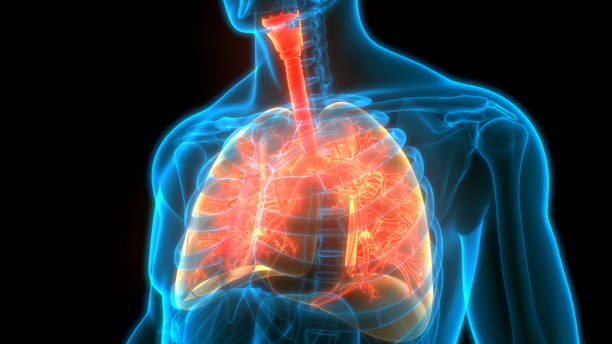What is Pneumonia?
Pneumonia is an infection of the lungs caused by bacteria, viruses, or fungi. It can cause inflammation, fever, and difficulty breathing. Depending on the type, pneumonia can range from mild to life-threatening.

Symptoms of Pneumonia
The most common symptoms of pneumonia are cough with sputum production, chest pain, fever, and difficulty breathing. Additional symptoms may include fatigue, nausea, vomiting, and muscle aches.
Types of Pneumonia
There are several different types of pneumonia, including:
• Bacterial pneumonia – caused by bacteria, including Streptococcus pneumoniae, Haemophilus influenzae, and Legionella pneumophila
• Viral pneumonia – caused by viruses, including influenza and respiratory syncytial virus
• Fungal pneumonia – caused by fungi, including Aspergillus and Pneumocystis jirovecii
• Aspiration pneumonia – caused by inhaling foreign material, such as food particles, stomach acid, and saliva
Diagnosis of Pneumonia
To diagnose pneumonia, your doctor will take a medical history and conduct a physical exam. They may also order tests, such as a chest X-ray, blood tests, and a sputum culture.
Treatment of Pneumonia
The treatment of pneumonia depends on the type and severity of the infection. Mild cases may be treated with rest, over-the-counter medications, and increased fluid intake. More severe cases may require antibiotics, antiviral medications, or hospitalization.
Complications of Pneumonia
In some cases, pneumonia can lead to serious complications, such as:
• Respiratory failure
• Sepsis
• Pleural effusion
• Lung abscess
Prevention of Pneumonia
Pneumonia can be prevented by getting vaccinated, washing your hands regularly, avoiding contact with people who are sick, and avoiding smoking or exposure to secondhand smoke.
Conclusion
Pneumonia is an infection of the lungs caused by bacteria, viruses, or fungi. It can be mild to life-threatening, depending on the type and severity. Diagnosis and treatment of pneumonia depend on the type and severity. Prevention measures include vaccination, handwashing, avoiding contact with those who are sick, and avoiding smoking or exposure to secondhand smoke.












